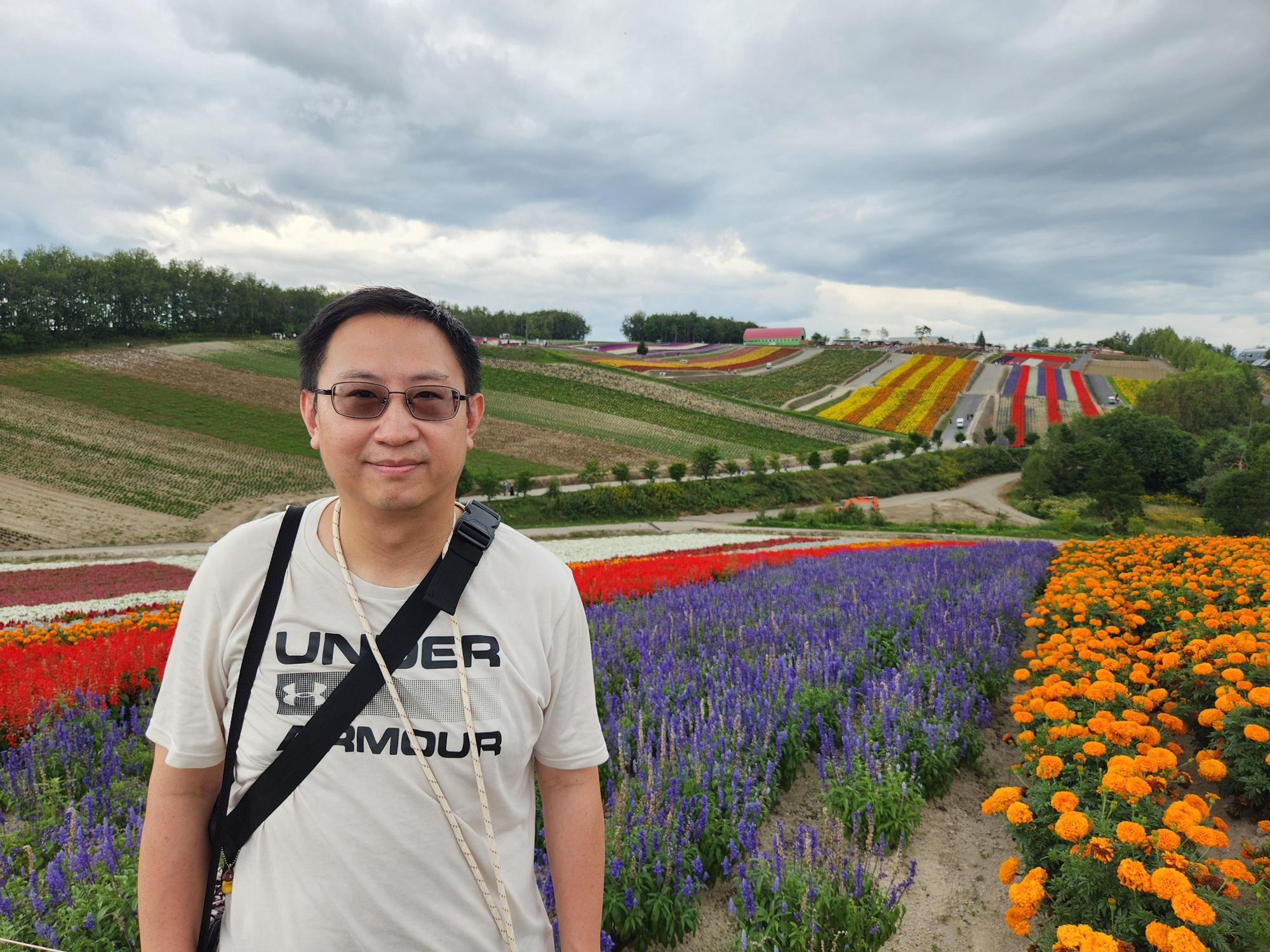Yuan Ze University Department of Electrical Engineering Associate Professor Yue-Fang Kuo specializes in the design of integrated circuits for mixed-signal applications, including digital, analog, and radio frequency systems. He had led research projects funded by the National Science Council, teaching practice research projects supported by the Ministry of Education, and industry-academia collaborative projects, making him one of the few scholars capable of bridging industry, government, academia, and research.
Within three years of his tenure at Yuan Ze University, he received the Young Scholar Research Award, Outstanding Teaching Award, Special Contribution in Teaching Award, and Excellence in Teaching Innovation Award, demonstrating his outstanding performance in both research and teaching.
In terms of industry-academia collaboration, Professor Kuo had long participated in the international project “Atacama Large Millimeter/Submillimeter Array (ALMA)” led by the Institute of Astronomy and Astrophysics, Academia Sinica. This project, which observed the formation of interstellar dust particles, established Taiwan’s international status in radio astronomy instrument development. He had contributed to the development of core local oscillator signals for the first, fourth, and fifth band receivers, accumulating extensive experience in integrated electronic and communication system design, which he incorporated into his course design to help students connect theory with practice.
In course innovation, Yue-Fang Kuo continuously devoted himself to teaching improvement and innovation. His approach received support from the Ministry of Education’s Teaching Practice Research Project for three consecutive years and was applied across multiple courses. For example, in the “Introduction to Very Large Scale Integrated Circuit Design” course, he developed his own chip layout software and guided students in optimizing verification systems, becoming the first teacher in Taiwan to integrate self-developed chip layout software into an integrated circuit course. This approach broke traditional teaching frameworks, introduced project-based learning concepts, and emphasized cultivating students’ problem-solving abilities, teamwork, and communication skills. It effectively enhanced students’ employability and technical competence, enabling them to transition quickly into industry after graduation.
Furthermore, to strengthen students’ learning of EMI and circuit design, Professor Kuo introduced international journal-based learning strategies into graduate courses. Students read and analyzed international journal papers related to integrated circuits to improve their technical English proficiency and forward-looking vision. The course assessment adopted an industry-like collaborative team model, allowing students to independently select circuits from papers and implement practical designs, often achieving performance surpassing the original designs and demonstrating excellent learning outcomes.
Yue-Fang Kuo exemplified a steady, pragmatic, and patient learning attitude through his own academic journey. He firmly believed that engineering education was not only about technical training but also about cultivating mindset and attitude. In his classroom, he encouraged students to experiment boldly, embrace failure, and learn from mistakes, fostering resilience and problem-solving skills through repeated practice and reflection.
 English
English  正體中文
正體中文 



